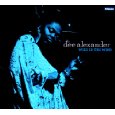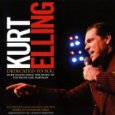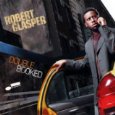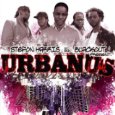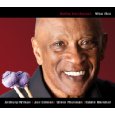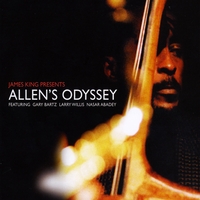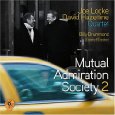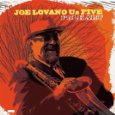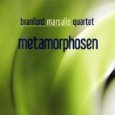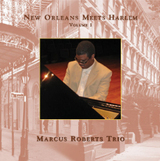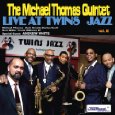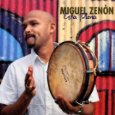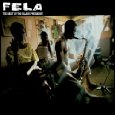Ancient Future radio, produced & hosted by Willard Jenkins, airs on WPFW 89.3 FM, Pacifica Radio for the Washington, DC metro area.
Theme: Randy Weston "Route of the Nile"
Dupree Bolton
Katanga
Fireball
Uptown
Helen Sung
Bye Ya
Helenistique
Fresh Sound
Allen Toussaint
Bright Mississippi
The Bright Mississippi
Nonesuch
Melissa Walker
Our Love Remains
In The Middle of it All
Sunnyside
Langston Hughes (poem)
I’ve Known Rivers
Our Souls Have Grown Deep Like the Rivers
Rhino (compilation)
Allen Toussaint
West End Blues
The Bright Mississippi
Nonesuch
Cannonball Adderley
Capricorn
Soul Zodiac
Capitol
Wynton Marsalis
Sometimes It Goes Like That
Live at the Village Vanguard
Columbia
Miles Davis
Fall
Complete Studio Recordings
Columbia/Legacy
Fela Kuti
Roforfo Fight
The Best of the Black President
Kalakuta/Knitting Factory
Sibongile Khumalo
Sonny Boy
Immortal Secrets
Sony
Simphiwe Dana
Injongo
On Bantu Biko Street
Gallo
Soundviews (weekly new release spotlight)
Bobby Hutcherson
Spiritual
Wise One
Kind of Blue
Bobby Hutcherson
Equinox
Wise One
Kind of Blue
Bobby Hutcherson
Nancy with the Laughing Face
Wise One
Kind of Blue
Bobby Hutcherson
Like Sonny
Wise One
Kind of Blue
What’s New: the new/recent release hour
Kenny Davis
Too High
Kenny Davis
Daken
Jacques Schwartz-Bart
Abyss
Abyss
Oblique
Mimi Jones
Watch Your Step
A New Day
Hot Tone
Uri Caine/Bedrock
Count Duke
Plastic Temptations
Winter & Winter
Saltman Knowles
Shesh
Yesterday’s Man
Pacific Coast
Etienne Charles
Folklore
Folklore
Chelsea Baratz
Water No Get Enemy
In Faith
contact:
Open Sky
5268-G Nicholson Lane
#281
Kensington, MD 20895

